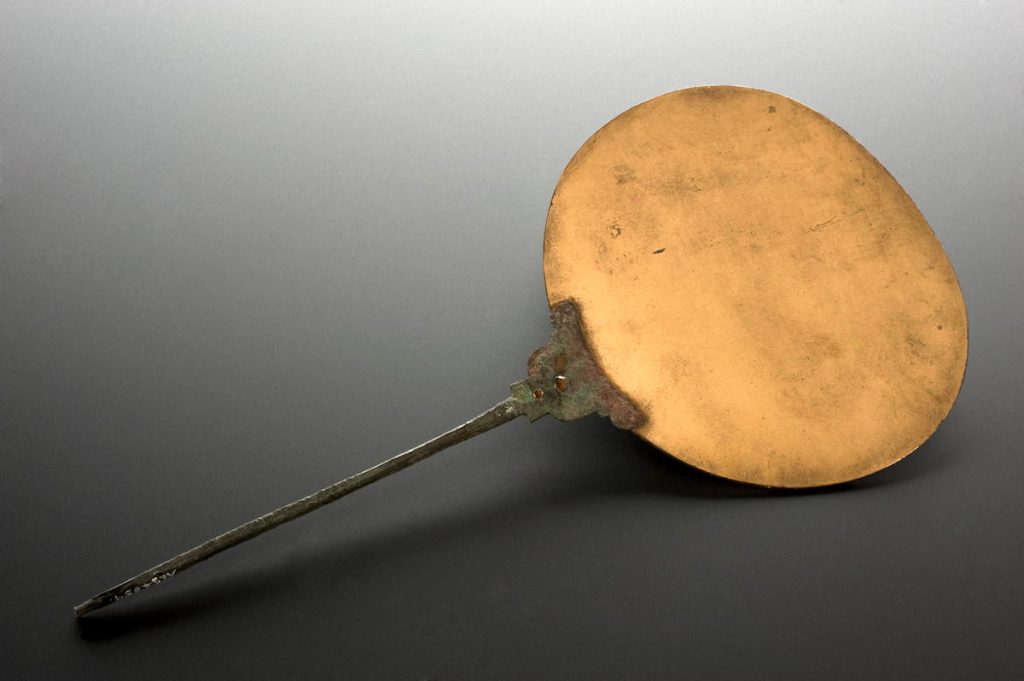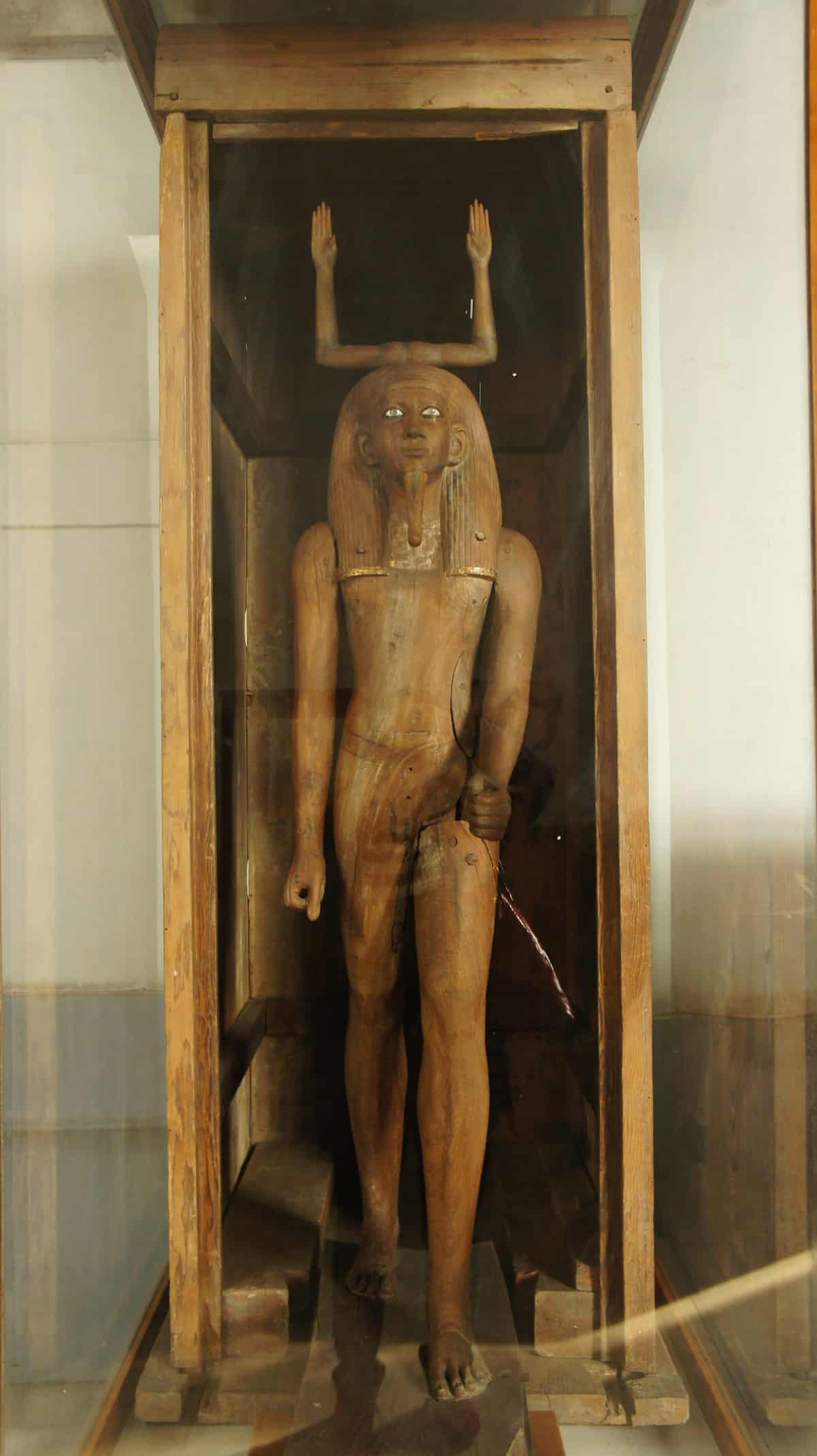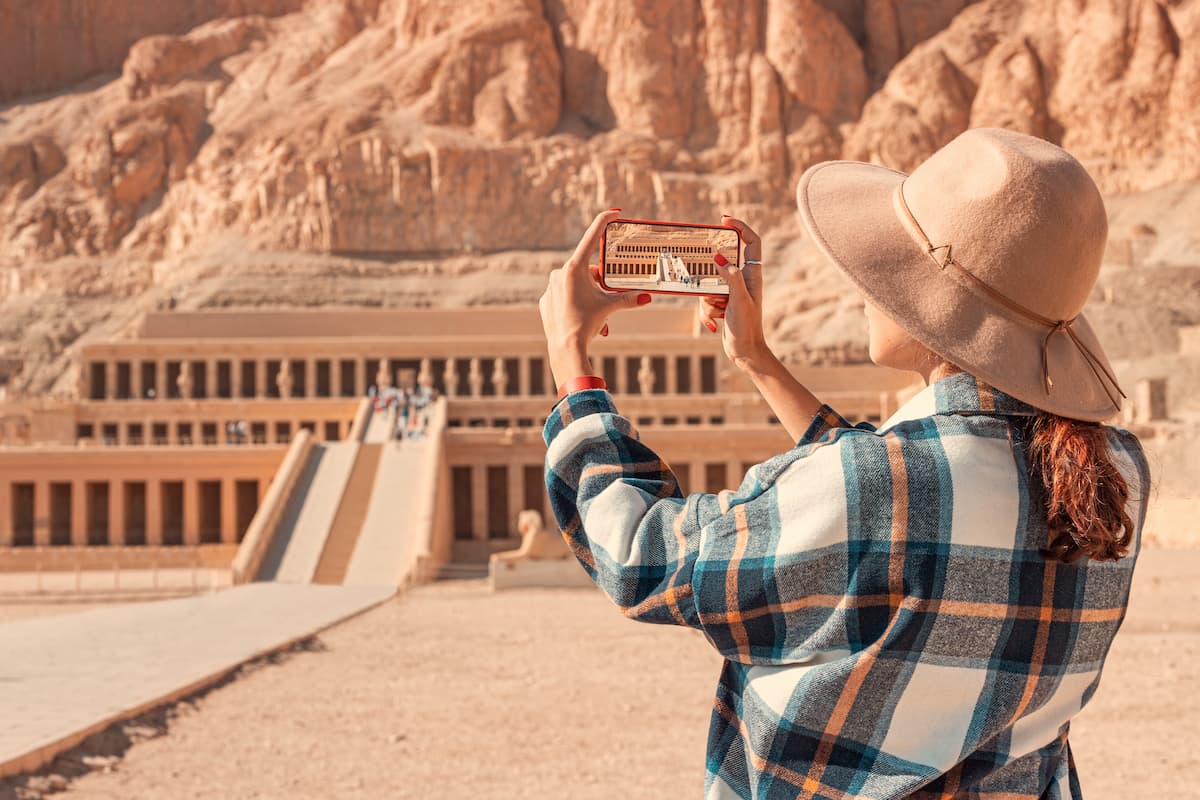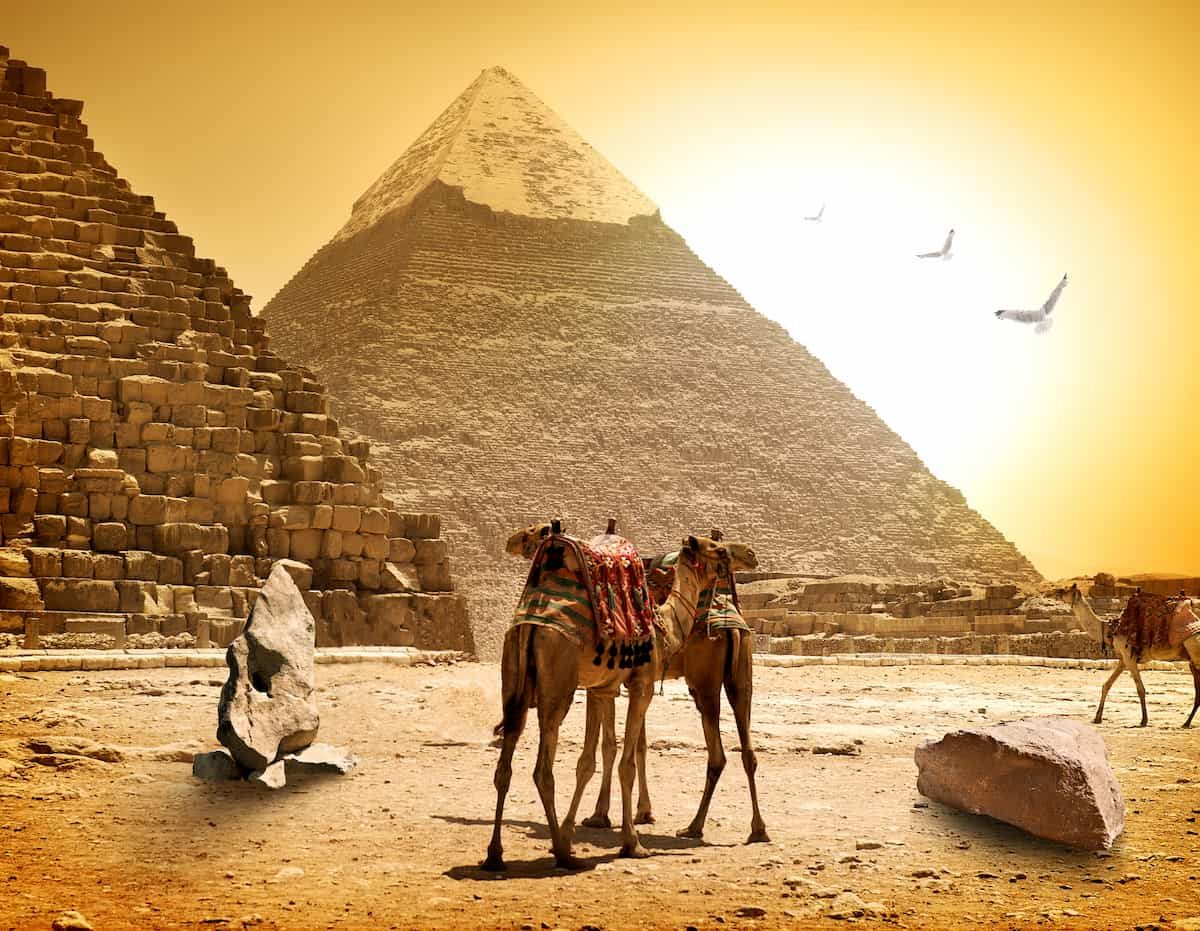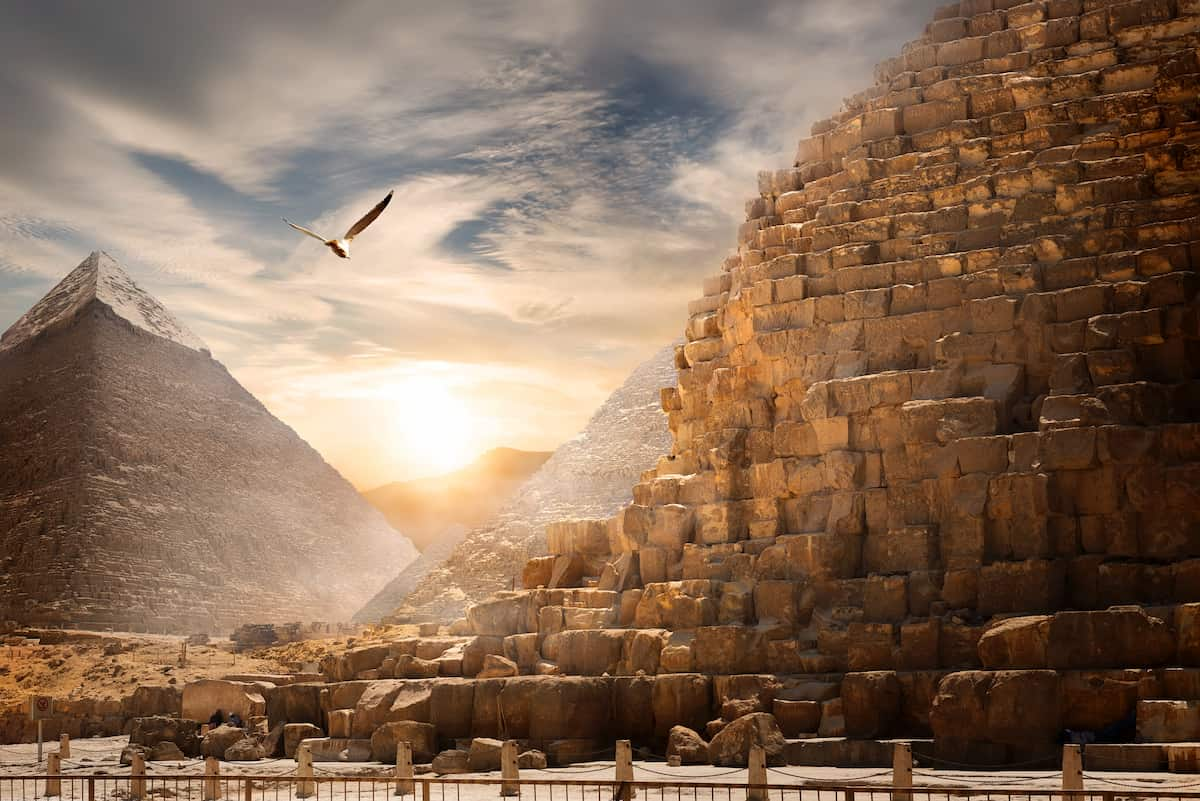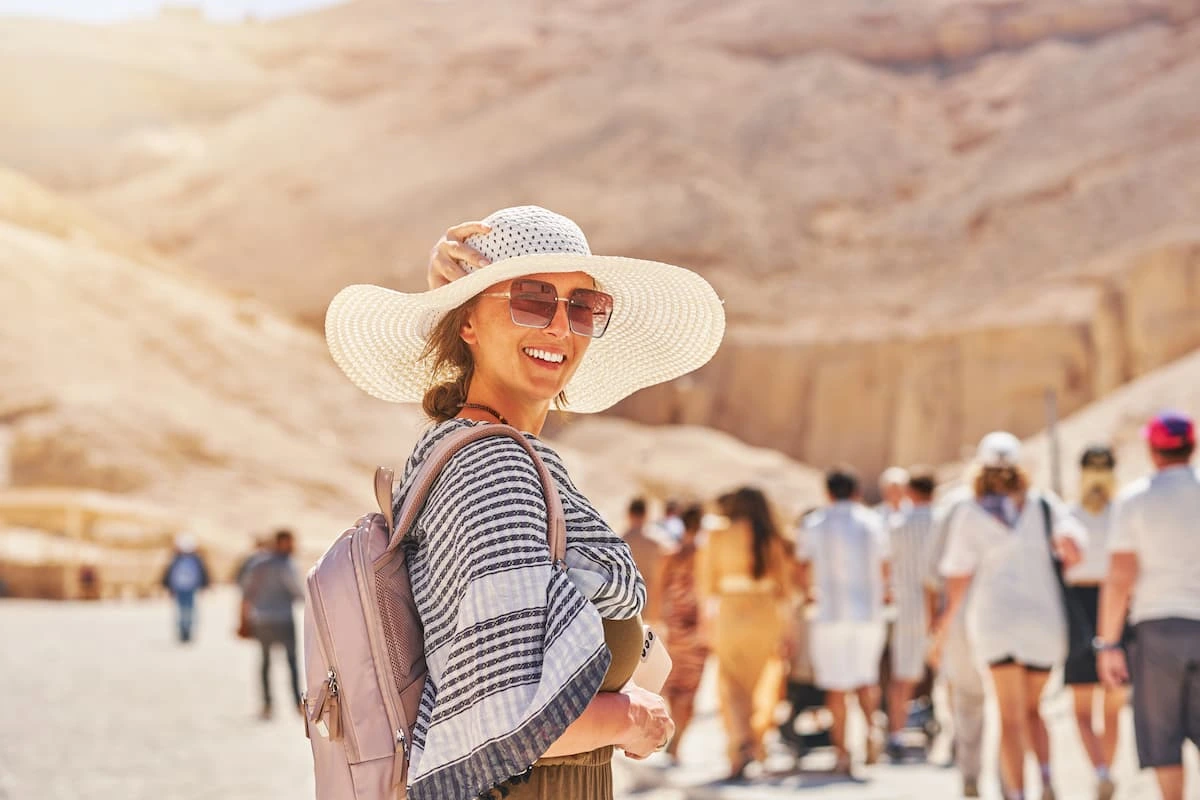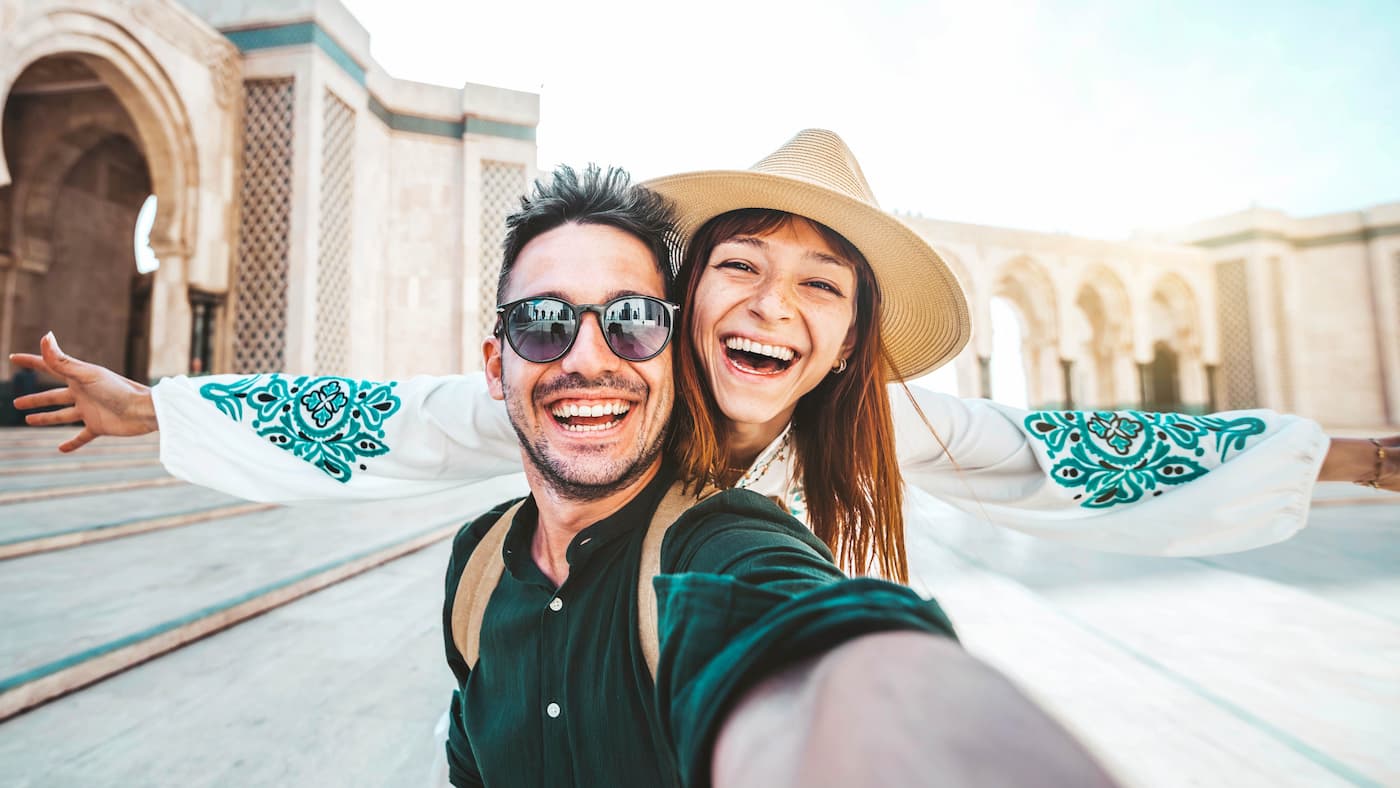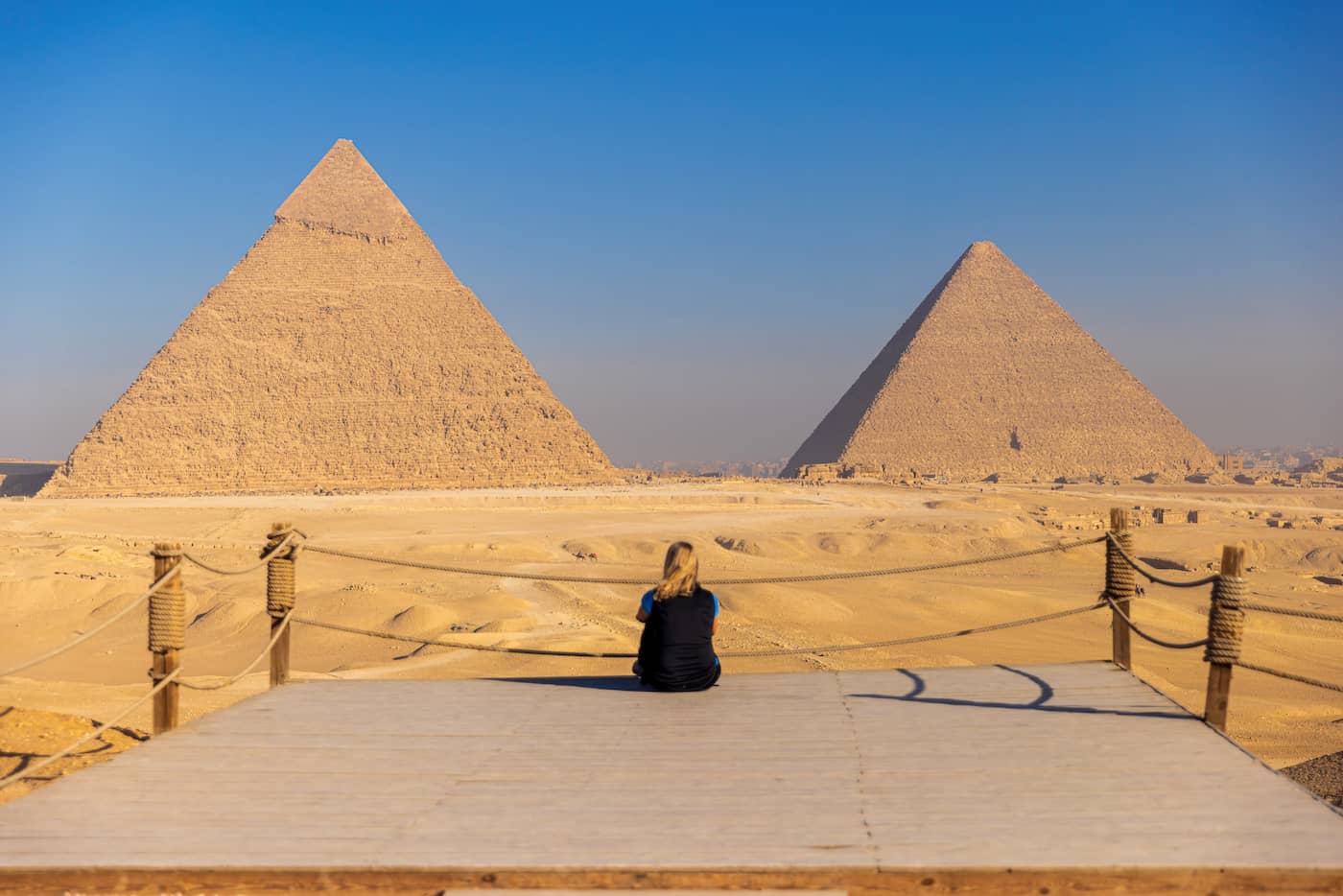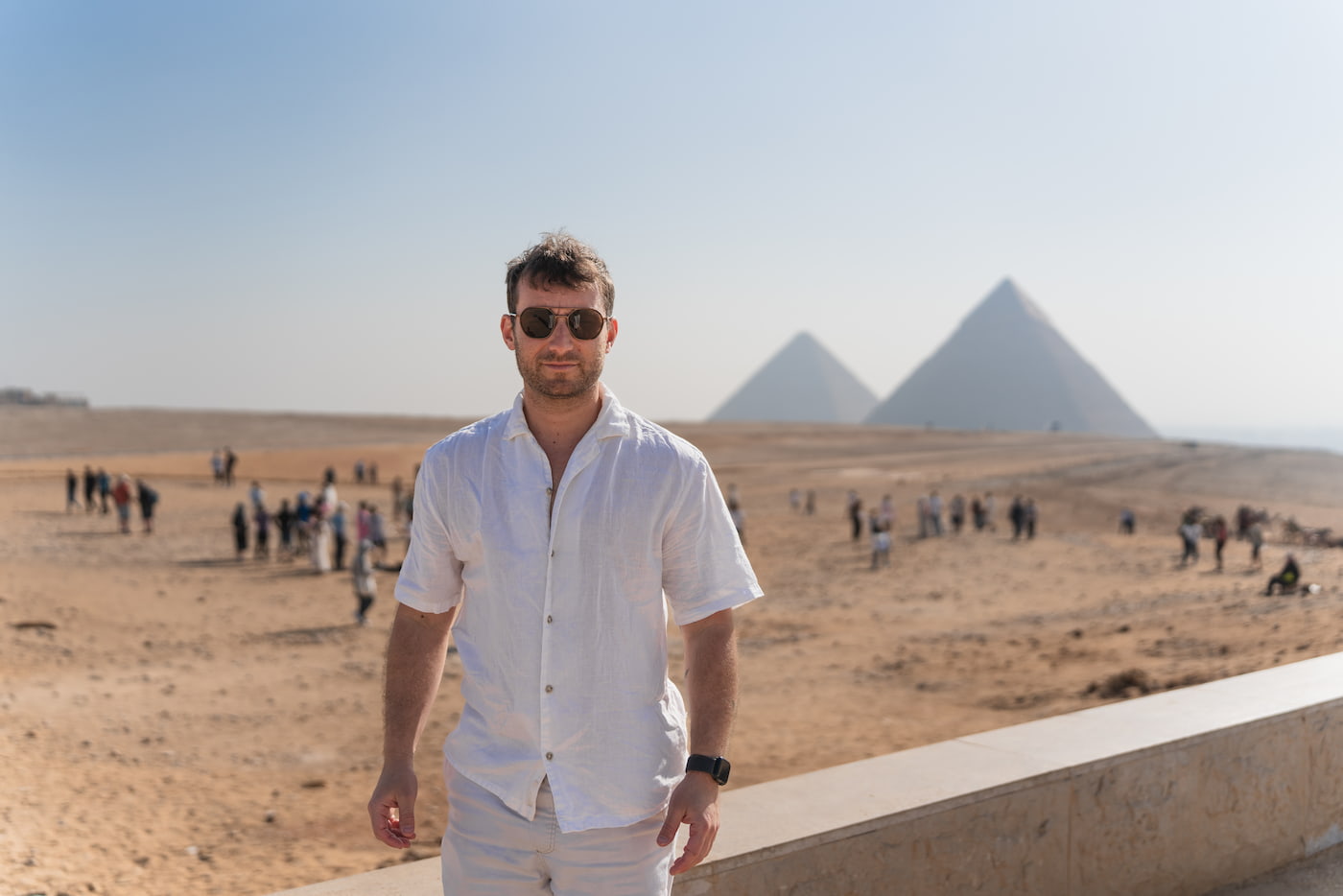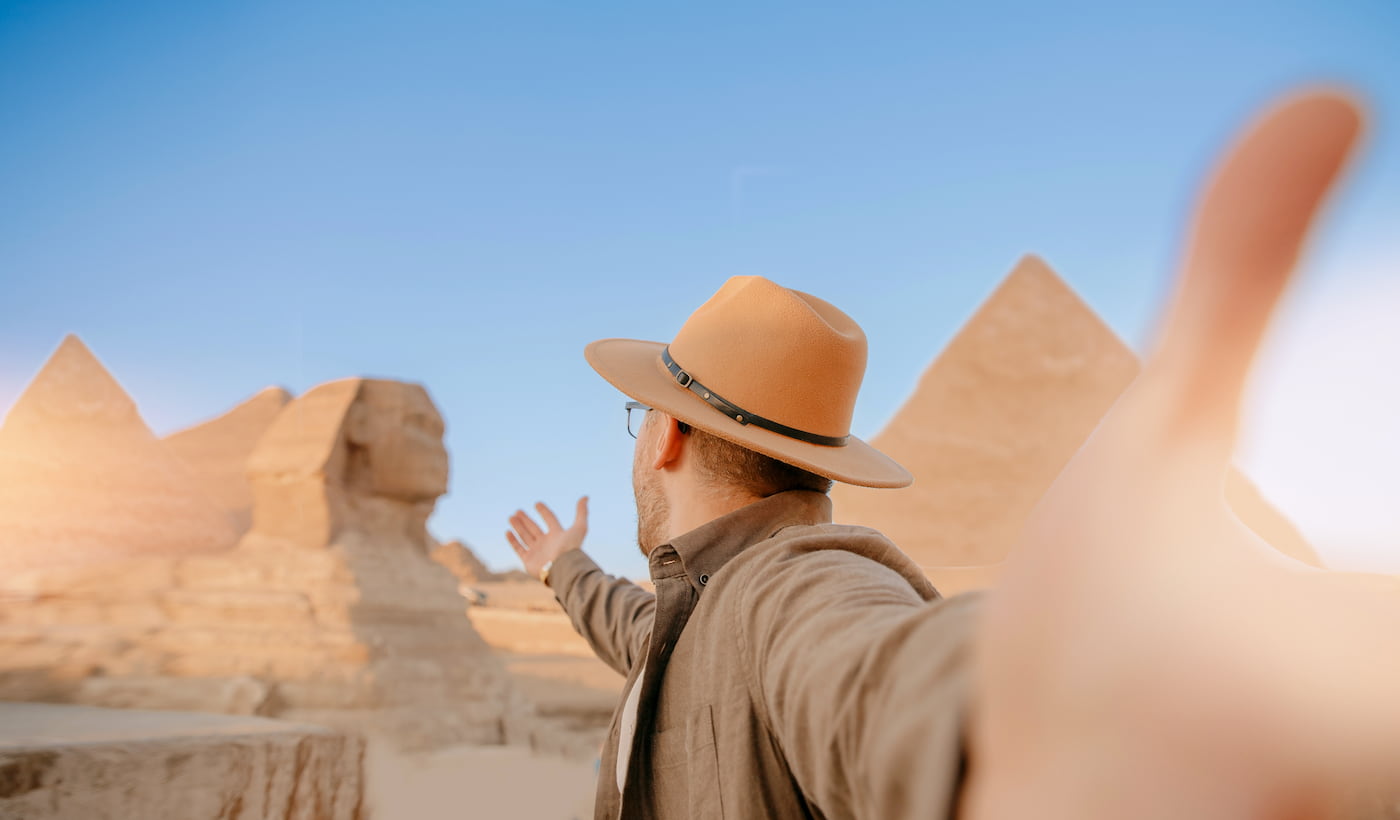Ancient Egyptian Magic and Witchcraft: The Secret of Spells, Gods, and Sacred Rituals
The Ancient Egyptian Magic and Witchcraft. In the heart of ancient Egypt, magic was not a myth or illusion but a mighty force. Moreover, woven with the fabric of everyday life. Such power was what the Egyptians called Heka. It was a divine gift attributed to the god Heka that would, among other things, enable priests, healers, and even laypersons to enchant the environment around them. Furthermore, magic was spreading in the ancient community. Additionally, it was influencing the different aspects of life across the traditions and customs of the ancient Egyptians.
The magic of ancient Egypt covered every single aspect: from protective spells to healing rituals to sacred invocations in the temples, homes, and tombs. Such was the spiritual worldview of the Egyptians, whereby gods, nature, and mankind would be interfaced through magic. While to the Egyptians, Heka meant much more than just magic—they believed it to be the cosmic force that sustains existence, affords humans the capacity to communicate with the gods, and protects them in their journey into the afterlife. Step into the realm of ancient Egyptian magic, where faith and power combined to determine one’s destiny from birth to eternity.
IMPORTANT NOTE
The information provided by our team doesn’t aim to insult any religion. Moreover, this information is supported by historical evidence. So please, if you find any of this information related to your religion or faith, then they are from the figment of your imagination.
1. Who Is “Heka”
Heka is the ancient Egyptian god of magic and medicine. Moreover, the ancient Egyptians considered him the personification of magic itself. Furthermore, Additionally, he is believed to be present at the creation of the universe. Besides, Heka was invoked in both daily life and religious rituals, particularly by doctors who were known as Priests of Heka.
2. What Is Ancient Egyptian Magic? And The Origins of “Heka”
Magic in ancient Egypt was not just superstition; it was an essential part of daily life and religion. The ancient Egyptians didn’t distinguish between magic, religion, and science as we do today. For them, these were all ways of understanding and influencing the world.
The ancient Egyptian word for magic was “Heka.” Heka wasn’t something evil or dark; rather, it was viewed as a divine force. The Egyptians believed that Heka was the underlying power that allowed the gods to create the world and maintain cosmic order. It was a kind of creative energy that could be used by both gods and humans.
Heka was used for a variety of purposes. It was used to heal illness, protect people from harm (whether from enemies or malicious beings), ensure fertility, and even aid the dead on their journey to the afterlife. Spells, amulets, rituals, and chants were all ways to harness the power of Heka.
Priests, doctors, and even ordinary people practiced Heka. It was not a secret confined to a specific class. But rather an integral part of the culture of ancient Egyptian magic and witchcraft. That reflects their deep belief in the interconnectedness of the material and spiritual worlds.
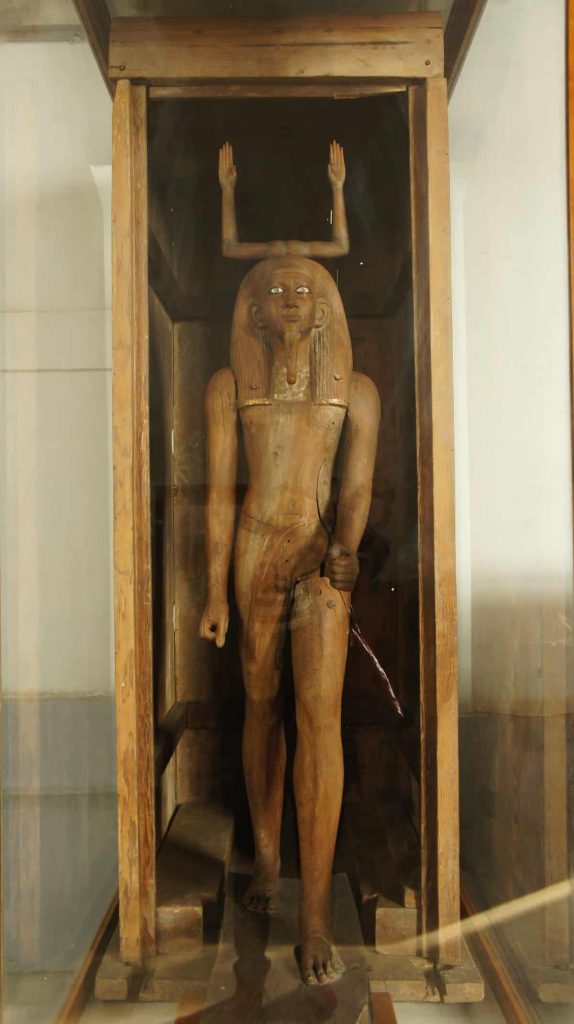
3. How Ancient Egyptians Used Magic in Medicine
In ancient times in Egypt, people went about the same process for medicine and magic. It was put forth that racism and sickness weren’t always due to physical reasons, evil spirits, curses, or downward energies. Hence, the Egyptians accorded the practice of medicine with magical activities.
When someone fell sick, a priest or doctor might order or prepare the herbs for the sick to drink, but they would also utter a spell or provide an amulet for the patient to wear. The Egyptians believed in Heka: that was a magical force from which all power stemmed, be it words, objects, or rituals.
Hence, if a person had pain in the stomach, the healer might have uttered words of power, drawn a symbol such as the Eye of Horus on the body, or given a lucky charm to ward off evil spirits so that the person could heal quickly.
Amulets, for instance, of scarabs and falcons, would be worn to protect people from harm. When the cases became severe, such as infertility or weird illnesses, full rituals would be performed to plead to the gods for help.
So for the ancient Egyptians, healing was not just for the body; it also involved the spirit, faith, and magic, all mixed up with ancient Egyptian magic and witchcraft.
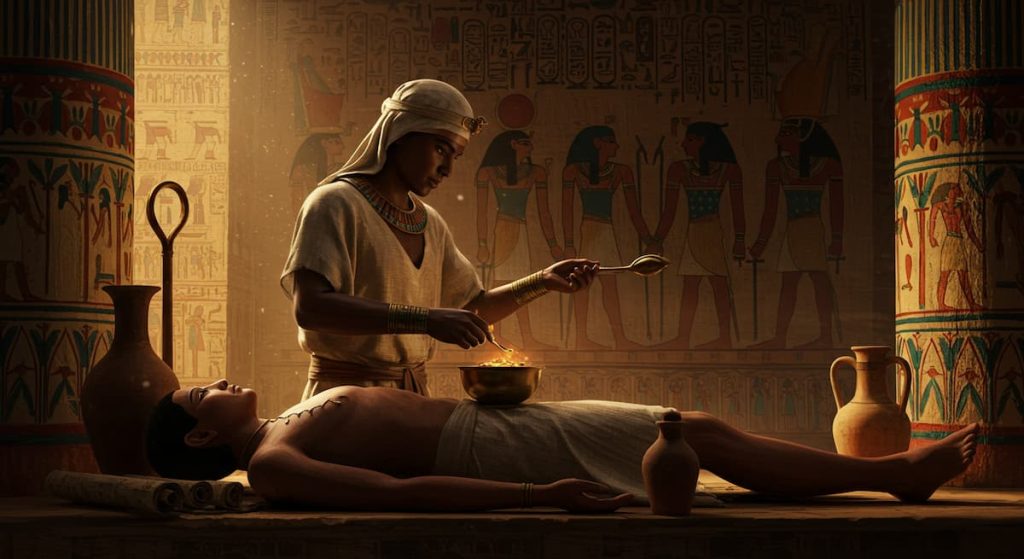
4. How Ancient Egyptians Used Magic in Death
In ancient Egypt, death was not the end of anything but simply the beginning of a new life. Much magic and rituals were used to secure the safe passage of the dead. They believed that Heka, the power of magic, could provide protection for souls and help them to negotiate safely through the hazards of entering the lower world.
On dying, priests chose passages from the Book of the Dead, a manuscript full of spells to guide the soul and protect it from evil spirits and distractions; later, the body was itself carefully wrapped in the mummification process. The protective magic of amulets, either the Eye of Horus, scarabs, or the ankh symbol, would be laid inside the wrappings to empower and protect.
Sometimes, statues, perhaps Shabtis, would be buried with the deceased to serve them in the afterlife, whilst the tomb would be charged with rites, offerings, and inscriptions to cater to the spirit in all its needs. To the Egyptians, magic made life go beyond death, with the souls being safely supported into the next world by the blessings of the gods.
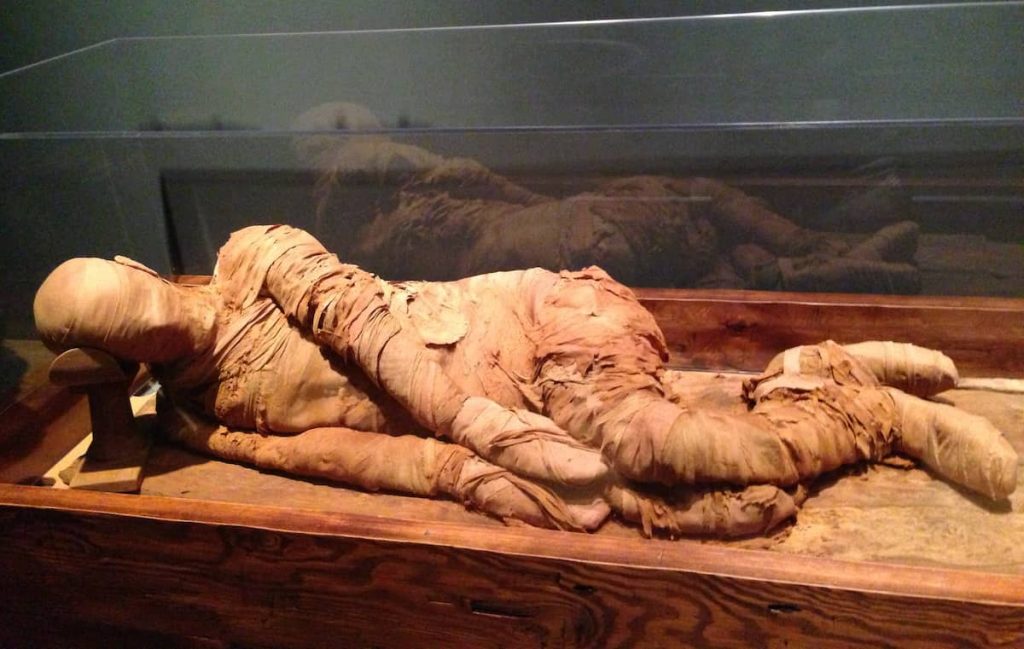
5. The Everyday Magic Rituals in Ancient Egyptian Daily Life
In the ancient system of Egypt, magic was practiced not just in temples or in special ceremonies: it permeated everyday life. The Egyptians believed that there existed Heka, a magical force flowing through the world, and that anyone could command this force; they were not alone in its use by priests. From before dawn to after dusk, people undertook little rites to secure protections, bring good luck, and forge connections with the gods.
Amulets were often employed: one famous example is the Eye of Horus, a symbol of health and protection par excellence. Parents would adorn their little ones with protective amulets against sickness or evil spirits. Spellcasting or prayer rites for safety and success might be carried out before a meal or a journey.
Women who longed to bear children would use fertility charms, whereas farmers might bless their fields to encourage the growth of crops. They also kept small statues of gods in their homes and would burn incense and offer food or flowers as a sign of respect and for guidance.
Such little magic acts gave common folk a sense of security, hope, and spiritual connection to their daily lives. The ancient Egyptians considered magic just as normal and vital as eating or working.
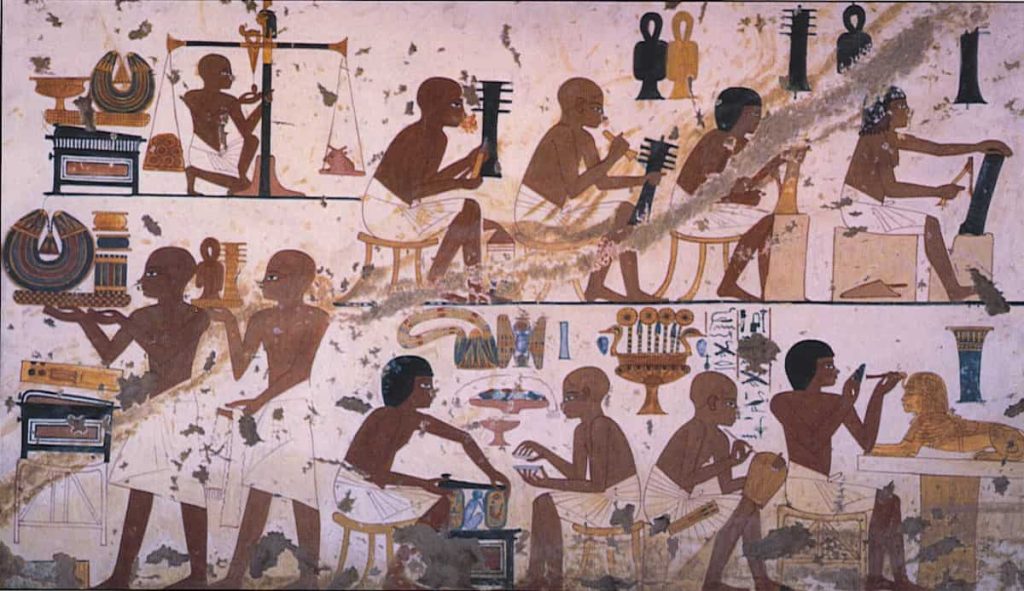
6. Ceremonies in Ancient Egypt That Kept The Harmony and Rituals
Ceremonies in ancient Egypt weren’t merely traditions; they were a service to ensure equilibrium in the world. The Egyptians believed that a certain concept, Ma’at, or harmony, order, and truth, gave coherence to the universe. By means of daily rituals or elaborate ceremonies, they tried to gain favor from the gods to protect the land and ensure that the sun would rise every day.
Between the walls of the temples, priests were to accomplish sacred actions from sunrise to sunset. They would bathe statues of the gods, offer food, burn incense, and recite hymns, with a view to sustaining a positive spiritual relationship. The Pharaoh was considered the connecting link between the people and the divine and thus participated in the great national ceremonies dedicated to the gods, such as Ra, Osiris, and Amun.
Seasonal festival celebrations included the Opet Festival, in which statues of the gods were carried through processions to bless the people and the land. At the village level, families would conduct minor ceremonies at home, offering bread, beer, and prayers for peace and protection over their loved ones.
These ceremonial acts were certainly not mere symbols; in the way sacred acts of worship, the Egyptians believed these ceremonies kept life flowing, assured the growth of crops, and liberated society under the protective gaze of the gods.
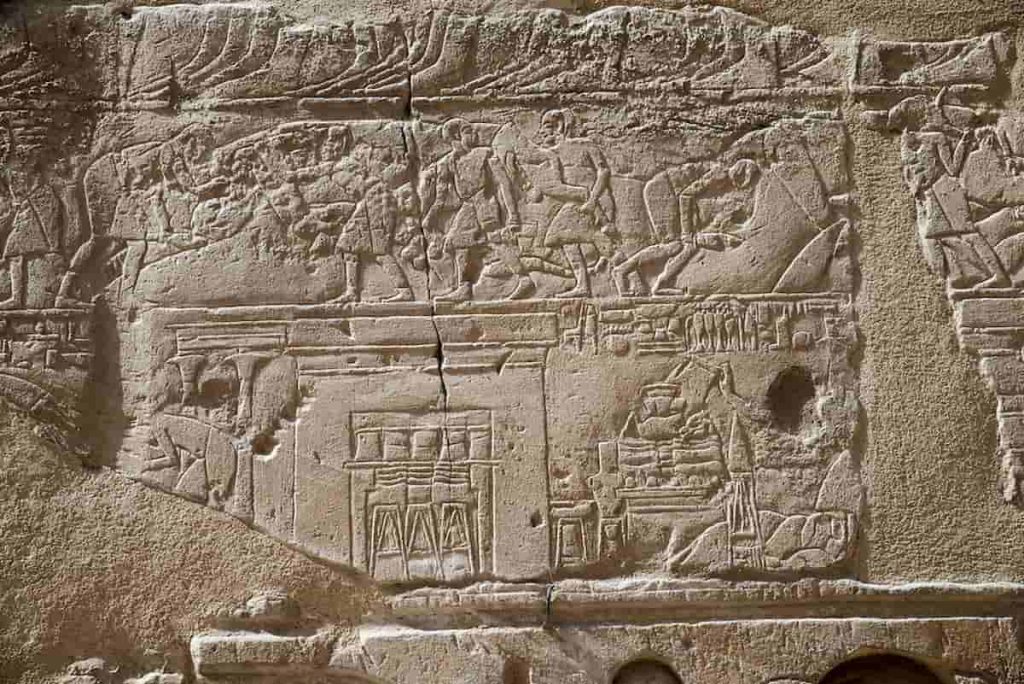
7. Magic Amulets and Gods in Ancient Egypt
Now, in ancient Egypt, amulets were not mere decorations; they were potent magical objects. People would wear them for protection, luck, health, and so on, and to prevent evil spirits from bothering them. And in fact, the types of these amulets embedded in jewelry were made in all shapes and sizes. In most cases, the amulet would bear the symbol or shape of a god, with each symbol and god having its own meaning and power.
These were some of the popular amulets: The most famous one being the Eye of Horus, which gave protection and healing. Then there is the Scarab, which symbolized rebirth and a safe passage into the afterlife. Wearing an Ankh was supposed to keep you strong and healthy.
The priests would bless these magical objects, which were then supposed to act with the power of the gods; therefore, the genies of the Isis amulet would protect and care for the mother, while the Thoth amulet would aid in wisdom and learning.
Amulets used to be placed on the living and inside mummies, supposedly to guarantee the dead would be secured on their road. From a king right down to a farmer, all believed in the power of these sacred items. For the ancient Egyptians, amulets were a simple but strong way of tying the gods’ help into everyday life.
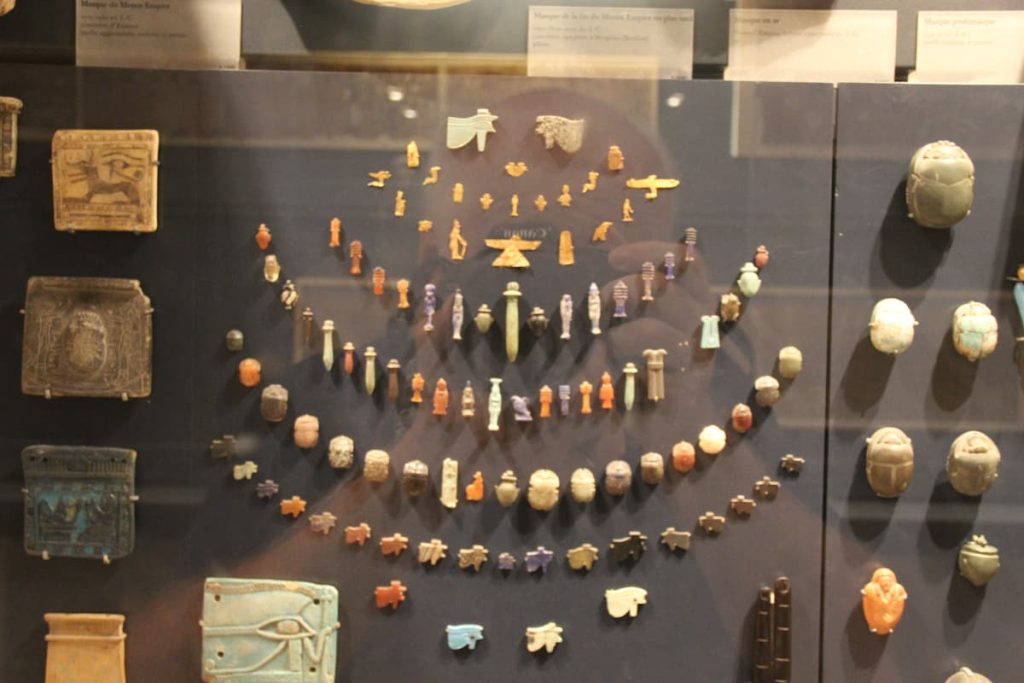
8. Magic and Demons in the Afterlife of Ancient Egypt
If we take a walk through history, we will find that the path to the ancient Egyptian afterlife was dangerous, full of mystery, and worst of all, filled with magic. According to ancient Egyptian magic and witchcraft, after death, the soul had to experience many tests and face horrible demons trying to block its path. While doing so, the soul had to be shielded with very powerful spells.
These east-west wax lateral spells from the Book of the Dead were spells written on papyrus scrolls or outside the tomb to assist the deceased with uttering the spells or passwords at the required time. These spells were magic passwords that supported the soul in escaping the traps, doing some kind of trick on the demons, and passing smoothly through the underworld.
They could also assist in the passage of this world. Osiris, the god of the dead, weighed the soul’s heart against the feather of Ma’at, the goddess of truth. If the heart were light and innocent, the soul was allowed into eternal paradise; if not, the soul was devoured by fearsome Ammit.
Magic then came into play with amulets, chants, and ceremonies. To those ancient Egyptians, magic wasn’t a comforting saying but an actual force used to protect the soul and provide it with a comfortable existence beyond.
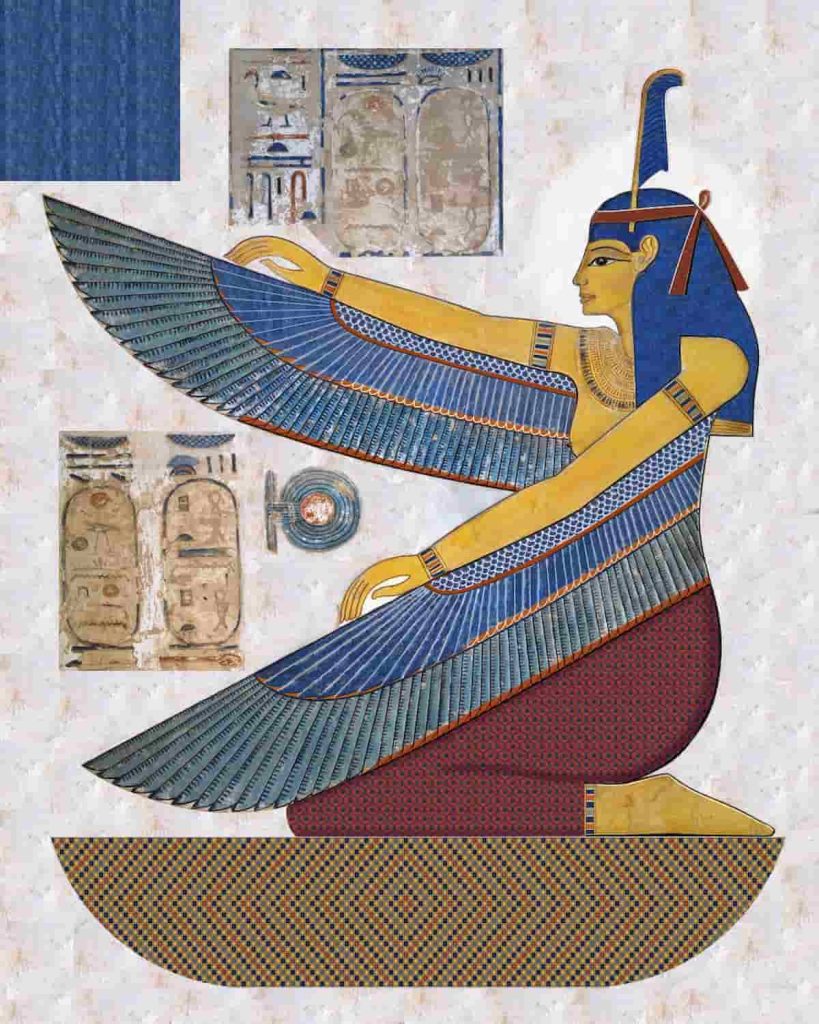
9. The Mirrors and Their Magic in Ancient Egypt
In ancient Egypt, ancient Egyptian magic and witchcraft, the mirror was perceived as a very potent object. It had a highly polished surface of copper or bronze, which could flash an image of the material world; it was believed to simultaneously reflect the soul as well as various spiritual forces present in the invisible world. To the ancient Egyptians, mirrors were symbols of light, truth, and the very essence of spiritual energy.
The Egyptologist Alma Tadema believed that women used mirrors for beauty-related rituals in addition to keeping evil spirits at bay. Since mirrors reflected light, they were believed to banish all evil spirits. Some mirrors were even buried with mummies to ensure that the soul remained safe in the afterlife.
Thus, the round form of mirrors symbolized the sun, a supreme and sacred force in Egyptian religion. Since Sun god Ra was basically synonymous with light and life, just holding a mirror in hand was almost like holding a little power of the gods.
Whether for everyday use or magical rituals, mirrors were never regarded by the Egyptians as mere objects. To them, mirrors were a passageway between the visible and invisible worlds, dripping with light, power, and mystery.
